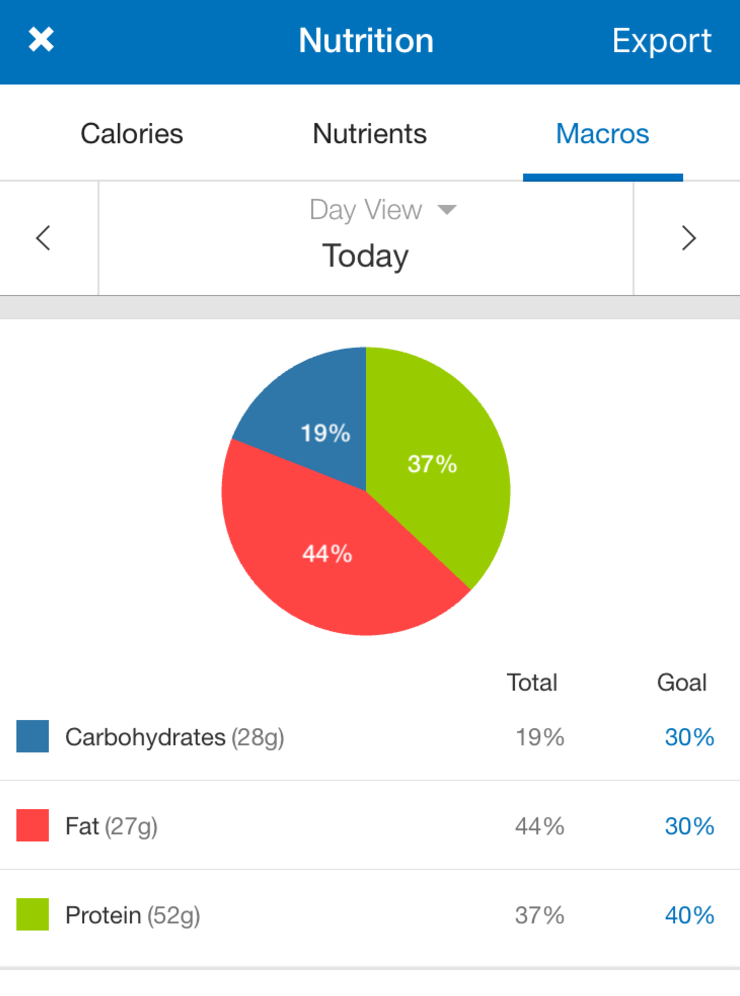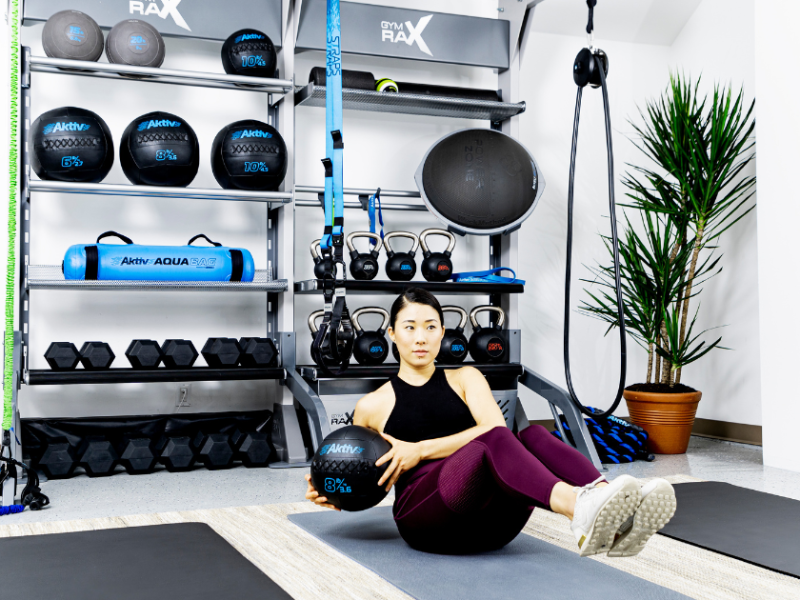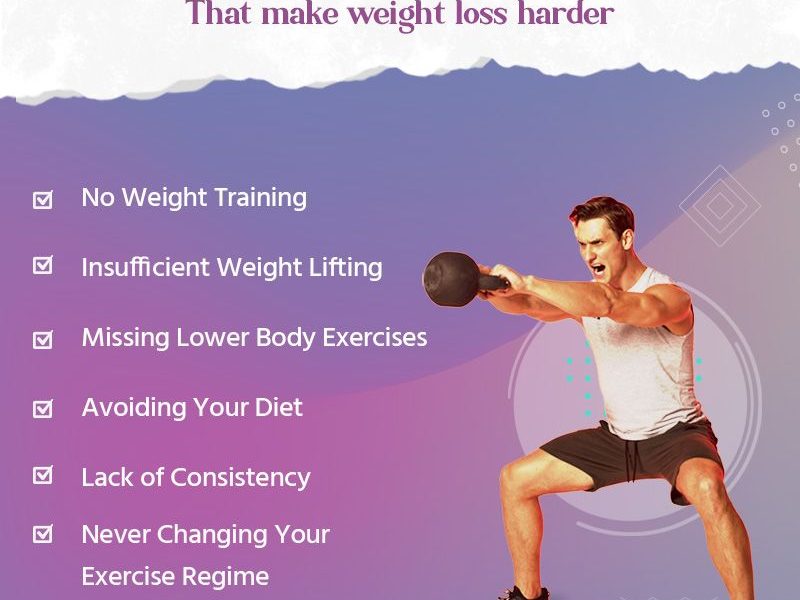When embarking on a fitness journey, it’s crucial to pay attention not only to your exercise routine but also to your diet. Macronutrients play a key role in fueling your body for workouts and helping you achieve your fitness goals. In this article, we’ll delve into what macronutrients are, why they are important, and how you can optimize your diet for better fitness results.
What are Macronutrients?
Macronutrients are the essential nutrients that your body needs in large quantities to function properly. There are three main macronutrients: carbohydrates, proteins, and fats. Each macronutrient plays a unique role in providing energy, supporting muscle growth, and regulating various bodily functions.
Carbohydrates
Carbohydrates are the body’s primary source of energy, especially during high-intensity workouts. They are broken down into glucose, which fuels your muscles and brain. Complex carbohydrates, such as whole grains, fruits, and vegetables, provide sustained energy and are essential for optimal performance during exercise.
Proteins
Proteins are crucial for muscle repair and growth. They are made up of amino acids, which are the building blocks of muscle tissue. Consuming an adequate amount of protein is essential for supporting muscle recovery after workouts and promoting muscle synthesis. Good sources of protein include lean meats, poultry, fish, eggs, and plant-based sources like tofu and legumes.
Fats
Fats are another important macronutrient that provides energy and helps your body absorb vitamins and minerals. Healthy fats, such as avocados, nuts, seeds, and olive oil, are essential for overall health and can help regulate hormone levels. It’s important to include a balance of different types of fats in your diet to support optimal fitness and health.
Optimizing Your Macronutrient Intake
To maximize your fitness results, it’s important to balance your intake of macronutrients based on your individual needs and goals. Here are some tips for optimizing your macronutrient intake:
1. Calculate Your Macros
Use an online calculator or consult with a nutritionist to determine your specific macronutrient needs based on your age, weight, activity level, and fitness goals. This will help you tailor your diet to support your workouts and promote muscle growth.
2. Prioritize Whole Foods
Aim to get the majority of your macronutrients from whole, nutrient-dense foods like fruits, vegetables, whole grains, lean proteins, and healthy fats. These foods provide essential vitamins, minerals, and antioxidants that can support your overall health and fitness goals.
3. Timing Matters
Consider timing your macronutrient intake around your workouts to maximize performance and recovery. Consuming a balance of carbohydrates and protein before and after exercise can help fuel your workouts and support muscle repair and growth.
4. Stay Hydrated
Water is essential for proper digestion, nutrient absorption, and overall health. Stay hydrated throughout the day, especially before and after workouts, to support your body’s metabolic processes and optimize your fitness performance.
Conclusion
Understanding macronutrients and how they impact your fitness goals is essential for achieving optimal results. By balancing your intake of carbohydrates, proteins, and fats, you can fuel your workouts, support muscle growth, and improve overall health. Remember to prioritize whole foods, calculate your macros, and stay hydrated to maximize your fitness potential. Take the time to assess your current diet and make adjustments as needed to ensure that you are getting the right balance of macronutrients to support your fitness journey. With the right approach to nutrition, you can optimize your performance, reach your fitness goals, and maintain a healthy lifestyle for years to come.


